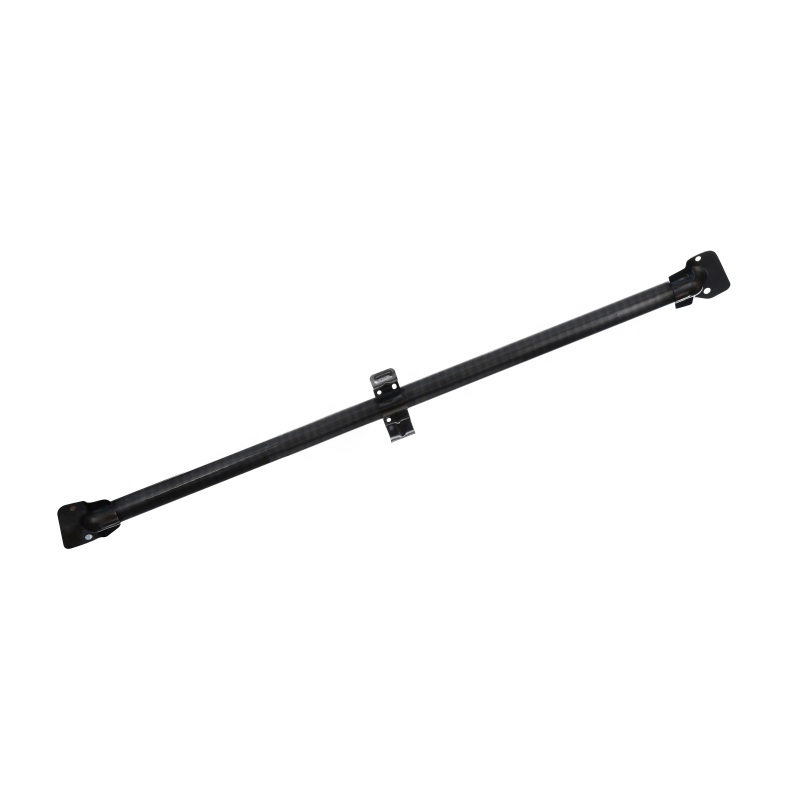
The Importance of Automotive Parts Quality
In the automotive industry, the quality of parts plays a pivotal role in ensuring the overall performance, safety, and longevity of vehicles. As cars become more advanced and technology-driven, the demand for high-quality automotive components has never been greater. This article explores the significance of automotive parts quality, its impact on vehicle performance, safety concerns, and the long-term implications for both manufacturers and consumers.
Firstly, the quality of automotive parts directly affects a vehicle's performance. High-quality components are designed to meet specific engineering standards and tolerances, ensuring that they function correctly together. For instance, critical systems like the brake and suspension rely heavily on precision-engineered parts. If a low-quality brake pad fails to provide adequate friction, it can lead to disastrous outcomes, including accidents. Therefore, manufacturers must prioritize sourcing components from reputable suppliers who adhere to stringent quality control measures.
Safety is another crucial aspect tied to automotive parts quality. Regulatory agencies worldwide enforce strict safety standards to protect consumers. However, these standards are only effective if automotive parts meet or exceed them. Inferior quality parts can compromise safety features, which could jeopardize not only the occupants of a vehicle but also other road users. For instance, a defective airbag inflator can fail to deploy during an accident, leading to severe injuries or fatalities. Hence, automakers must commit to rigorous testing and evaluation of all components used in their vehicles.

Furthermore, the financial implications of automotive parts quality extend beyond immediate safety concerns. For manufacturers, utilizing high-quality parts can reduce warranty claims and repair costs over time. Vehicles that experience frequent breakdowns due to subpar components can tarnish a brand's reputation, leading to decreased sales and lost customer trust. In contrast, brands known for their reliability and durable parts often enjoy higher market share and customer loyalty.
From a consumer perspective, investing in vehicles made with high-quality parts can save money in the long run. While the initial cost may be higher, the longevity and reduced maintenance needs can offset the price difference. Drivers often find themselves grappling with the hidden costs associated with low-quality replacement parts, which can lead to recurring issues and expensive repairs. Thus, consumers should be educated on the importance of choosing vehicles and parts that prioritize quality.
In conclusion, automotive parts quality is a fundamental aspect of the automotive lifecycle, influencing performance, safety, and economic viability for both manufacturers and consumers. As we continue to advance technologically, the emphasis on high-quality parts will only intensify. The industry must remain vigilant, ensuring that all components meet the highest standards to foster trust and safety on the roads. By prioritizing quality, both automakers and consumers can contribute to a safer and more reliable driving experience.